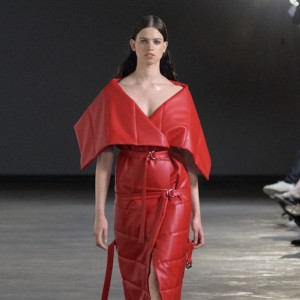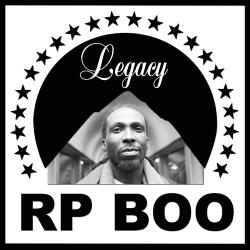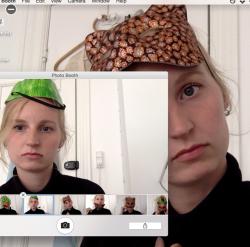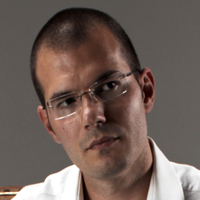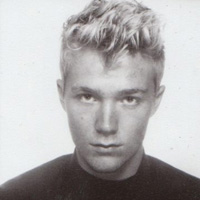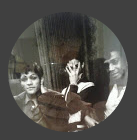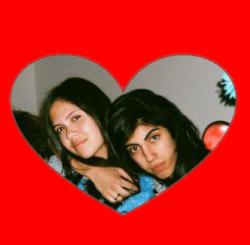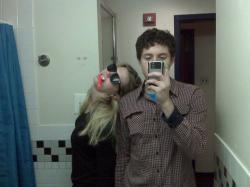Lafayette Anticipation associate curator Anna Colin talks to artist Tyler Coburn about Ergonomic Futures, a speculative project engaged with art, design, science, anthropology and writing. In this interview, Coburn discusses the research, production process and network of collaborators of a multilayered project ultimately concerned with the futures of humankind. Anna Colin: When one comes across your museum seats Ergonomic Futures (2016—) in contemporary art exhibitions—and soon in natural history, fine art, and anthropology museums—they look… [read more »]
Ask Natasha | Pathos, Perichoresis, Platony, Precautions
Q: I am already sexy/ hot… But I’ve had trouble finding love the past four years; what can I do to make myself more socially available without the Internet?
PS I’m not a crazy bitch so WTF? Can I also say that I’ve attracted everything from twinks to married men but nobody who will commit. Kim, 26
A: I will let you in on a secret if you promise not to tell anyone. I, although I have practically lived through everything, can offer up advice to whoever is willing to sit near me at a pizza and soft-serve buffet, and haven’t quite lost my looks yet, also have difficulty finding love, if it is indeed a thing to be found. I, like you, in times of despair have turned to categorization (I’ll add to your list ever so many losers if you’ll give me a bottle of something and a microphone, Kim).
Your question implies that the internet search is the most pathetic one, and your assumption comes from a truth. Picking people based on stats and profile pictures will offer you no renewed faith in the existence of an honest man. You will see that heights, habits and motivations vary from what is listed in an advertisement for the people you will pluck from a feed of eligible bachelors, and they will find the same to be true about you. You will force your ideas of happiness on one another at a restaurant neither one of you particularly like (if you liked it, you’d be a regular, and end up running into friends) until you realize that there is something very different in the way a person you have not met naturally (by running into, by coming across, by happening upon…) views the world, which is why you had not previously known each other. You will part ways and gain the sense that there is no possibility of seeing this person again, based on the remoteness of the origin of discovery. You will see him again, though, and he will be eager, because he always was, as were you: eager enough to set up a lookbook on a site that reads “available.”
The news is, this is the only way anyone dates anymore, and it is an unavoidable element of the game if you want to have casual sex, or if the person you’re about to have sex with is at all casual about it. In other news, relationships are pretty passé, and talking about them even more so. Here’s something else you might not like: the way you have described the guys you’ve ended up with is the first step towards internet-y dating. You have suggested a way to place people into groups: committed, or not, married, or single, gay, or straight. The process of ridding ourselves of these societal blacks and whites has been postponed due to the ticks created by social networking: friends, or not, in a relationship with one other person, male, or female, and that laughably outdated term, “bisexual.” What I’m getting at is that there are larger issues at stake here, Kim.
I will leave you with selections from Peter Sloterdijk’s Bubbles (Semiotext(e), 2011). As he sees it, we have given relationships a much kinder treatment in the distant past, and yet our disdain for them is pretty ancient.
-
Mystical theology and the Trinitarian system provide insight into the constitution of personal life, which is marked by dense interweaving; in these micro-universes of God’s intimacy with Himself and human intimacy with God, everything is disposed towards interdependence.
-
In Being and Time, by contrast, Heidegger contemplates derelict forms of existential perichoresis… [W]hen he states in his analysis of the ‘they’ [das Man] that “Everyone is the other, and no one himself,” the catastrophe of the strong relationship idea becomes manifest.
-
Sartre demonstrated how far the implications of this statement extend in Closed Doors [No Exit], where a trinity of inauthentic people spend eternity together in hellish intertwinement. Here each becomes the sadistic cognizant of the other’s sham life. But hell is only really other people when everyone gazes coldly at one another in their contemptuous mode of being.
Q: So, what would you do if a famous/well known author whose work you admire invites you out to dinner? How would you a) pick his brain and b) KEEP IT TOTALLY PLATONIC OTHERWISE IT WOULD BE ENTIRELY WEIRD? Therese, 26
A: One of a few power-relationships is occurring, and each is important to consider, but two are more likely than the rest. Either said author is as impressed by you as you are he and equally nervous about said precautions, or he knows and relishes the dynamic you are envisioning, hoping to exploit this imbalance by teasing out the sexual tension.
Hopefully, pretending he is as interested in your work as you are in his would cancel out the conventional dynamic of successful-male-writer dominating a dinner with a rising-female-intellectual. Let’s get real: a celebrity is a character who has been deconstructed and reconfigured in order to fill a gap in a community’s psyche. So, you have the upper hand because your work is not yet as historically relevant, which means your personality is still in focus. But that’s not really my point, because you will still talk careers, and points will be kept on a hovering, invisible scoreboard overhead.
Sexual innuendo hatches from boredom, insecurity born of developmental discomforts, or a revelatory factor introduced to a restrictive lifestyle—which are all essentially the same thing.
It can also come from a suggestion of deep truths, which you may or may not believe in. I, personally, do not, but many, including Arthur Miller and Marilyn Monroe, Roman Polanski and Mia Farrow, Bobby Brown and the late great Whitney Houston, etc. have implied that the relationship you are now describing is what created the greatest love of all.
Perhaps we should allow this non-struggle its course, and relent to the academic prowess of which a fairer sex has historically taken a weaker grasp. Authors tend to appreciate a rising action moving towards a finale, but not one that was never foreshadowed by the narrative’s introduction.
Ask Natasha anything at [email protected]












